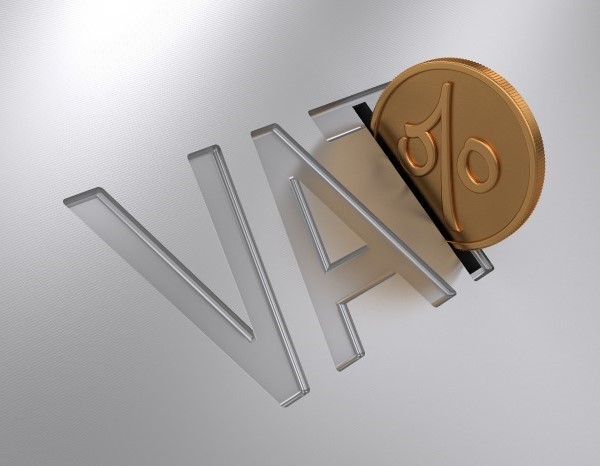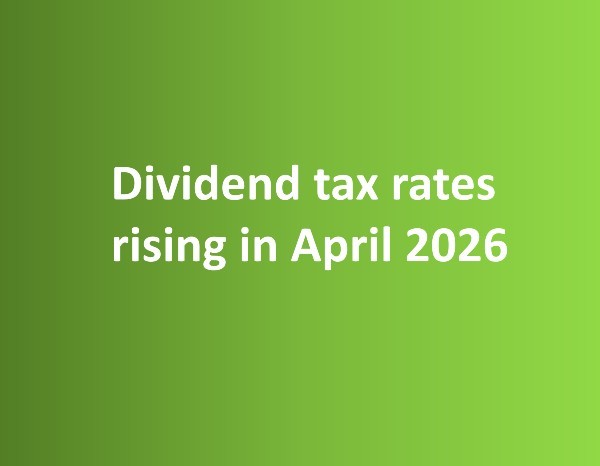
Most people give to charity in one form or another. This could be by donating to a local charity shop, through a site like Just Giving, or ongoing payments by direct debit - commonly for memberships such as the National Trust, or English Heritage.
Because of the impact of Covid-19 on personal finances it is a good idea to review any charitable donations to avoid unwanted tax consequences relating to the gift aid rules.
When donating or signing up for a membership there will usually be a form asking for confirmation that the individual is a UK taxpayer. If this is the case, the charity can claim the equivalent of basic rate tax on the donation from HMRC; an extra 25p for every £1 you give. For example, if an individual pays £10 for admission to an estate looked after by a qualifying charity, the charity can reclaim an additional £2.50 from HMRC if the individual completes a gift aid declaration.
To ensure that there are no consequences for the individual who is donating, there must be enough tax for the year to cover the additional amount. Donations will qualify as long as they’re not more than 4 times what has been paid in tax in that tax year (6 April to 5 April). If there isn't enough tax, the additional amount is payable to HMRC. This may be affecting many people currently, particularly if they have been furloughed or made redundant.
There isn't anything that can be done to "undeclare" taxpayer status on historic one-off gifts, but it's possible to contact the recipient of recurring payments and ask that the gift aid declaration be cancelled going forward.
Higher rate taxpayers
At the other end of the scale, higher and additional rate taxpayers should be cognisant to things they pay for that might attract additional tax relief that they be overlooking. This may in part be because of a lack of knowledge about what can qualify, such as entrance fees or membership fees. Records should be kept supporting claims, so it is a good idea to review donations on an ongoing basis rather than after the year end. Examining bank statements is a good place to start, as well as checking emails - most places are currently requiring advanced booking which helps create supporting documents.
Further information about charitable donations and gift aid can be found on the gov.uk website here.
The information provided in this blog is for general informational purposes only and should not be considered professional advice. As far as we are aware, the content is accurate at time of publication. Torgersens assumes no responsibility for errors or omissions in the content or for any actions taken based on the information provided.




.jpg)



